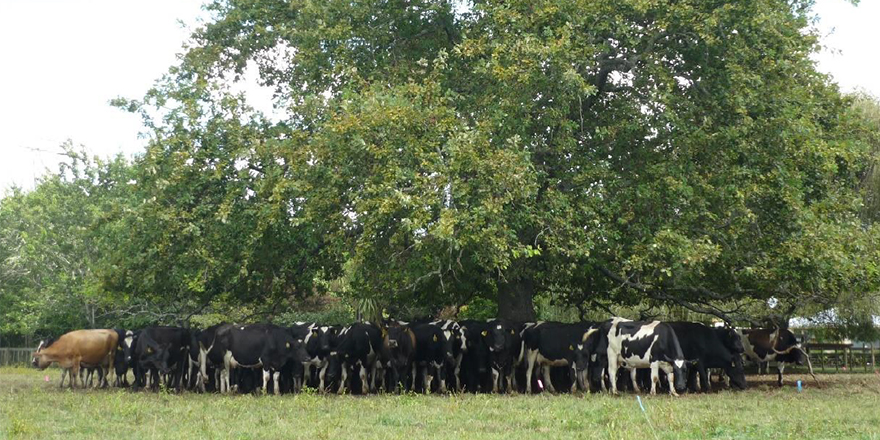
Executive Summary
This research report is a literature review of the current climate and future sociopolitical environment prevalent in New Zealand’s food sector today. Specifically the possibility of food fraud on international and domestic produce is highlighted. The current actions that producers and companies are employing to prevent such adulterations or fraudulent activities along their supply chains is also explored.
Food exports, Year End 2017, accounted for $30b of a total of $76.3b of New Zealand’s Gross Domestic Produce (New Zealand Trade and Enterprise,2018) and as such is a link to our country’s ‘Taste Pure Nature’ (Beef and Lamb, n.d.) image internationally. Ramifications and negative economic impact across the whole food and fibre sector in New Zealand is a possibility if incurrences of food fraud attached to a New Zealand product is detected.
Ultimately this research report aims to identify potential weaknesses or emerging risks and the resultant opportunities in our domestic and export food sector supply chains so as to avoid or limit food fraud opportunities. Understanding the increasingly complex natures of food supply chains and any current premeditated practices to mitigate food fraud is of high importance in our country’s current food market. A further understanding of the many differing types of food fraud is imperative in understanding what producers and exporters are currently facing. Therefore this report looks in to preventative measures to combat food fraud and how the food and fibre sector, alongside government can actively protect our New Zealand brand




